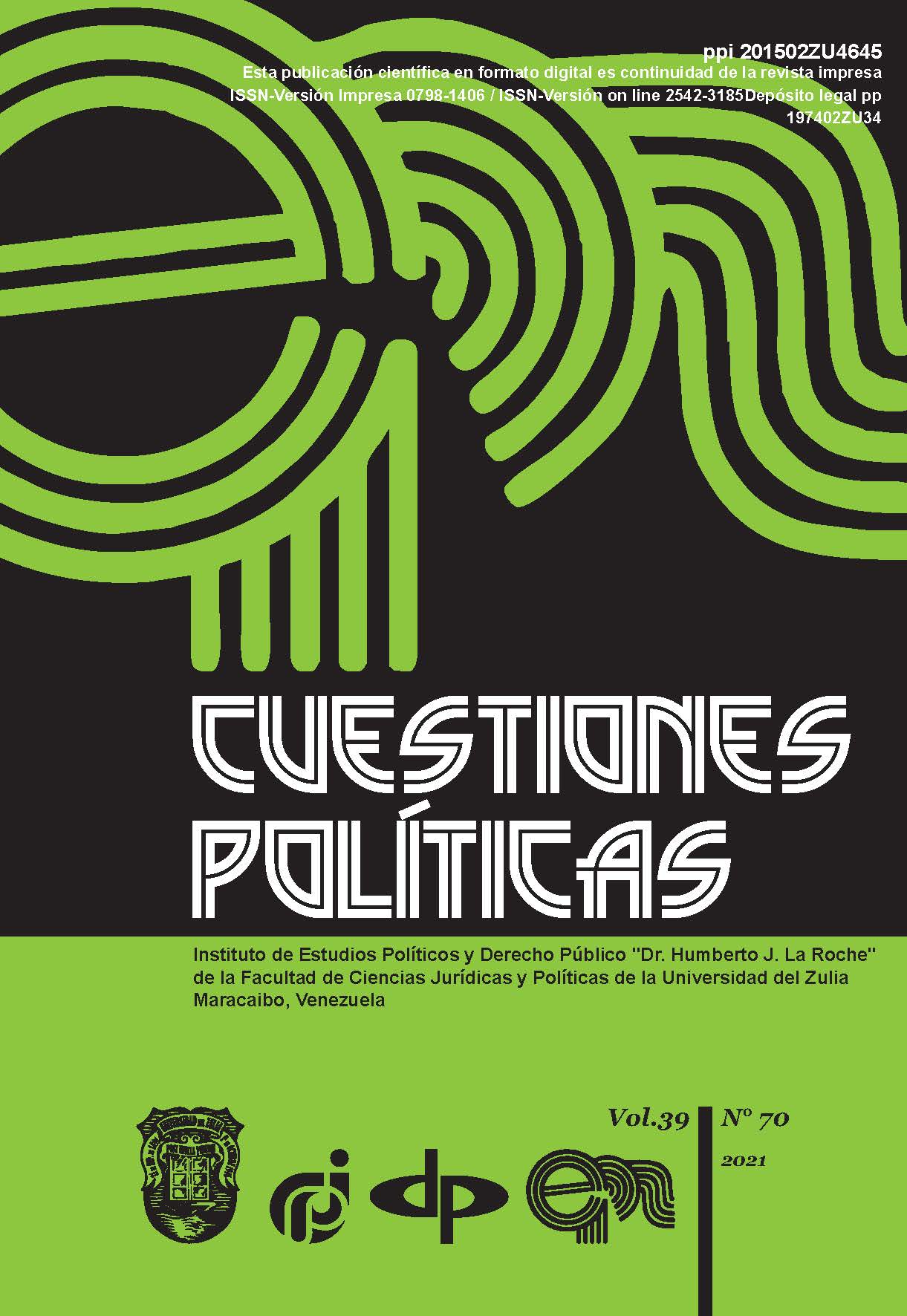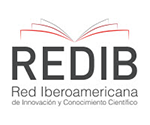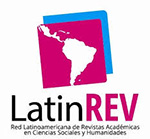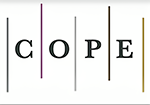Comparative analysis of the essence of abuse of power in international legal sciences and Ukraine
Abstract
The purpose of the research is to develop a comparative analysis of the essence of the abuse of the occupational (official) position within the framework of the science of criminal law. It is indicated that criminal liability for the abuse of the occupational (official) position in the performance of his duties has been established for certain specific offences under the Special Part of the Criminal Code of Ukraine. To achieve the stated objective and solve the stipulated tasks, general and special scientific methods were used, in particular, the structural system to analyze crime in the field of official activities and prevent it as a theoretical problem and holistic phenomenon throughout the process. The results obtained allow us to conclude that, in most countries of continental Europe there is a simplification of the qualification of the actions committed by an official in a single article, however, there is a clear link with the consequences caused in the form of pecuniary damage, which allows the prosecution to build much faster a causal component of the actions of a person within a single legal criminal corpus and pass evidence to the court.
Downloads
References
LAW OF UKRAINE. 2001. Criminal Code of Ukraine: Law of Ukraine of April 5, 2001 № 2341-Ш. https://zakon.rada.gov.ua/laws/show/2341-14. Consultation date: 17/03/2021.
TATSIY, Vasyl. 2014. Crimes in the field of official activity and professional activity related to the provision of public services: teaching practice. way. Pravo. Kharkiv, Ukraine.
HAVRONYUK, Mykola. 2011. Why in Europe do not understand the proverb «do not swear». Ukrainian truth. Available online. In: http://www.pravda. com.ua/articles/2011/10/6/6642959. Consultation date: 19/03/2021.
LAW OF FRENCH REPUBLIC. 1992. Criminal Code of the French Republic. Available online. In: https://constitutions.ru/?p=5859. Consultation date: 19/03/2021.
LAW OF REPUBLIC OF LATVIA. 1998. Criminal Code of the Republic of Latvia. Available online. In: http://www.wipo.int/wipolex/en/text. jsp?file_id=198833. Consultation date: 16/03/2021.
LAW OF REPUBLIC OF LITHUANIA. 2000. Criminal Code of the Republic of Lithuania. Available online. In: http://www.law.edu.ru/norm/norm. asp?normID=1243877. Consultation date: 16/03/2021.
LAW OF GEORGIA. 1999. Criminal Code of Georgia. Available online. In: https://matsne.gov.ge/ka/document/download/16426/143/ru/pdf. Consultation date: 16/03/2021.
LAW OF FEDERAL REPUBLIC OF GERMANY. 1871. Criminal Code of the Federal Republic of Germany. Available online. In: https://constitutions. ru/?p=5854. Consultation date: 16/03/2021.
LEHEZA, Yevhen; DOROKHINA, Yuliia; SHAMARA, Oleksandr; MIROSHNYCHENKO, Serhii; MOROZ, Vita. 2021. “Citizens ‘participation in the fight against criminal offences: political and legal aspects” In: Cuestiones Políticas. Vol. 39. No. 69. Pp. 212-224.
LEHEZA, Yevhen; FILIPENKO, Tatiana; SOKOLENKO, Olha; DARAHAN, Valerii; KUCHERENKO, Oleksii. 2020. “Ensuring human rights in ukraine: problematic issues and ways of their solution in the social and legal sphere” In: Cuestiones políticas. Vol. 37, No. 64, pp. 123-136.
LEHEZA, Yevhen; ODYNTSOVA, Iryna; DMYTRENKO, Natalia. 2021. “Teoría y regulación legal del apoyo informativo de los procedimientos administrativos en Ucrania” In: Ratio Juris UNAULA. Vol. 16, No. 32, pp. 291-306.
LIUTIKOV, Pavlo; SHEVCHENKO, Mykhailo; PRYIMACHENKO, Dmytro. 2021. “Judicial review of the exercise of discretionary powers: case-law of European court of human rights and experience from Ukraine” In: Journal of law and political sciences. Vol. 26, No. 1, pp. 400-425.
Copyright
The authors who publish in this journal agree to the following terms:
The authors retain the copyright and guarantee the journal the right to be the first publication where the article is presented, which is published under a Creative Commons Attribution License, which allows others to share the work prior to the recognition of the authorship of the article work and initial publication in this journal.
Authors may separately establish additional agreements for the non-exclusive distribution of the version of the work published in the journal (for example, placing it in an institutional repository or publishing it in a book), with an acknowledgment of its initial publication in this journal.
This work is under license:
Creative Commons Reconocimiento-NoComercial-CompartirIgual 4.0 Internacional (CC BY-NC-SA 4.0)





































